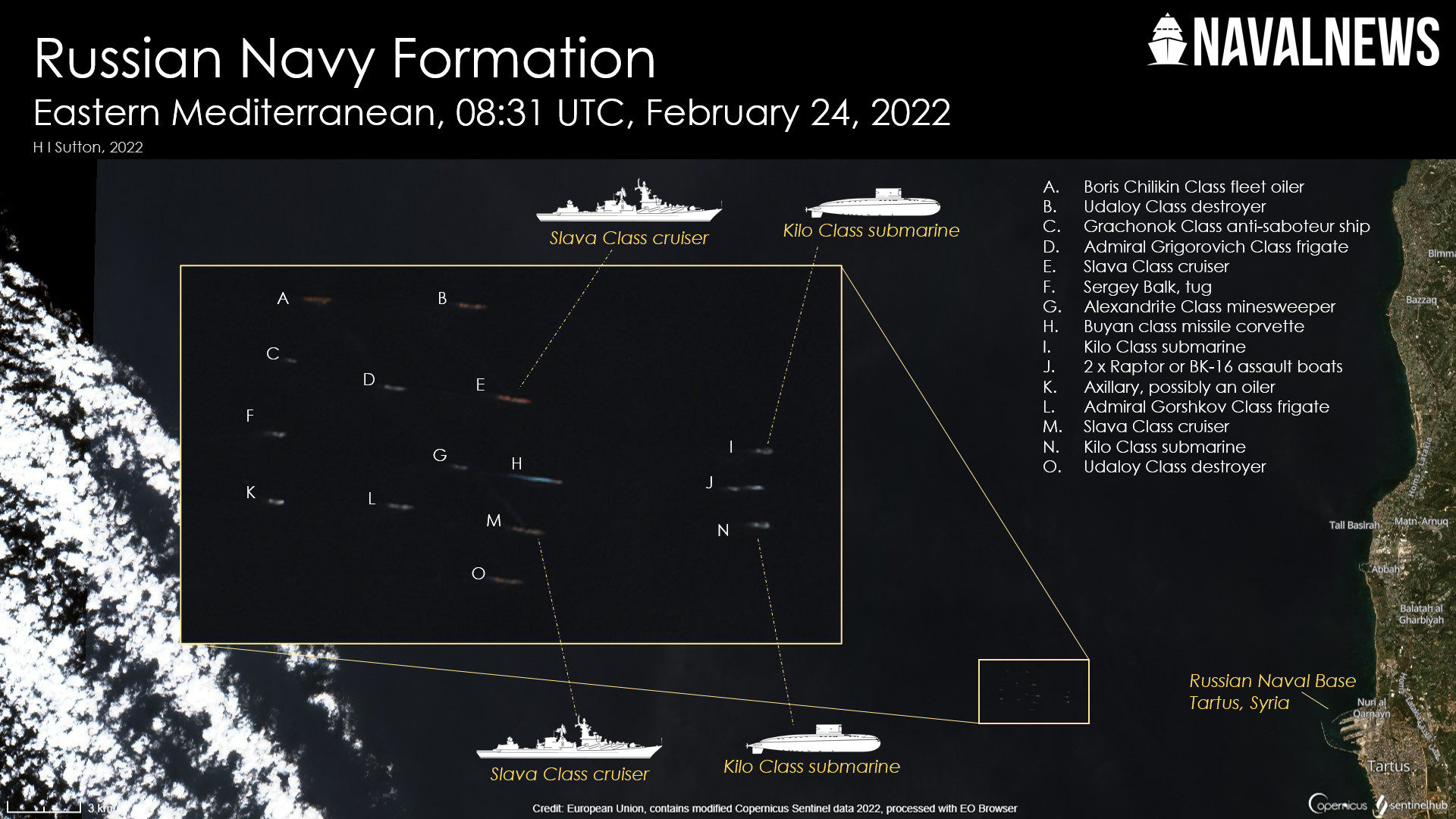
Russia’s withdrawal from its Mediterranean naval base in Tartus, Syria, has sparked concerns about its implications for the country’s global power status. The base served as a vital strategic foothold for Russia in the region, providing a launchpad for its naval operations and access to the Middle East. Its loss represents a significant setback for Russia’s geopolitical ambitions.
Tartus was Russia’s only naval base in the Mediterranean Sea, providing it with access to the Mediterranean, the Suez Canal, and beyond. The base allowed Russia to project its power into the eastern Mediterranean, enabling it to participate in the Syrian civil war and support its allies in the region.
The loss of Tartus has weakened Russia’s naval posture in the Mediterranean. Without a readily accessible naval base, Russia will find it more difficult to deploy its ships in the region and sustain its naval operations. This could undermine its ability to respond to crises, such as the Syrian civil war, and project its power in the region.
In addition to its geopolitical implications, the loss of Tartus also has economic consequences for Russia. The base was a major source of employment for the local population and contributed to the Russian economy through trade and investment.
The withdrawal from Tartus has also sent shockwaves through the Middle East, where it is seen as a sign of Russia’s diminishing influence in the region. The base was a symbol of Russian presence and power in the Middle East, and its loss has emboldened Russia’s rivals, such as the United States and the European Union.
The power vacuum left by Russia’s withdrawal from Tartus is likely to be filled by other regional powers, such as Turkey, Egypt, or Iran. This could lead to increased competition and instability in the region, potentially increasing the risk of conflict.
The loss of Tartus has been met with mixed reactions from the international community. Some analysts argue that it represents a major setback for Russia’s global ambitions, while others believe that it is a strategic maneuver that will ultimately benefit Russia in the long run.
Those who believe that the withdrawal from Tartus weakens Russia point to the fact that it loses a vital naval base in a strategic location. They argue that Russia will find it more difficult to project its power into the Middle East and maintain its influence in the region.
However, others argue that the withdrawal from Tartus is a tactical move that will allow Russia to focus its resources on other priorities. They point out that Russia has other naval bases in the Black Sea and the Arctic, which provide it with access to the eastern Mediterranean and beyond.
The loss of Tartus is a significant setback for Russia’s global power ambitions. The base was a vital strategic foothold in the Mediterranean and its loss will make it more difficult for Russia to project its power in the region. However, it remains to be seen whether this is a temporary setback or a more permanent shift in the global balance of power.
The withdrawal from Tartus highlights the challenges facing Russia as it seeks to maintain its global influence. The country is facing economic challenges, demographic decline, and geopolitical pressure from its rivals. The loss of Tartus is a reminder that Russia’s global ambitions are not guaranteed and that it must constantly adapt to the changing international landscape.
